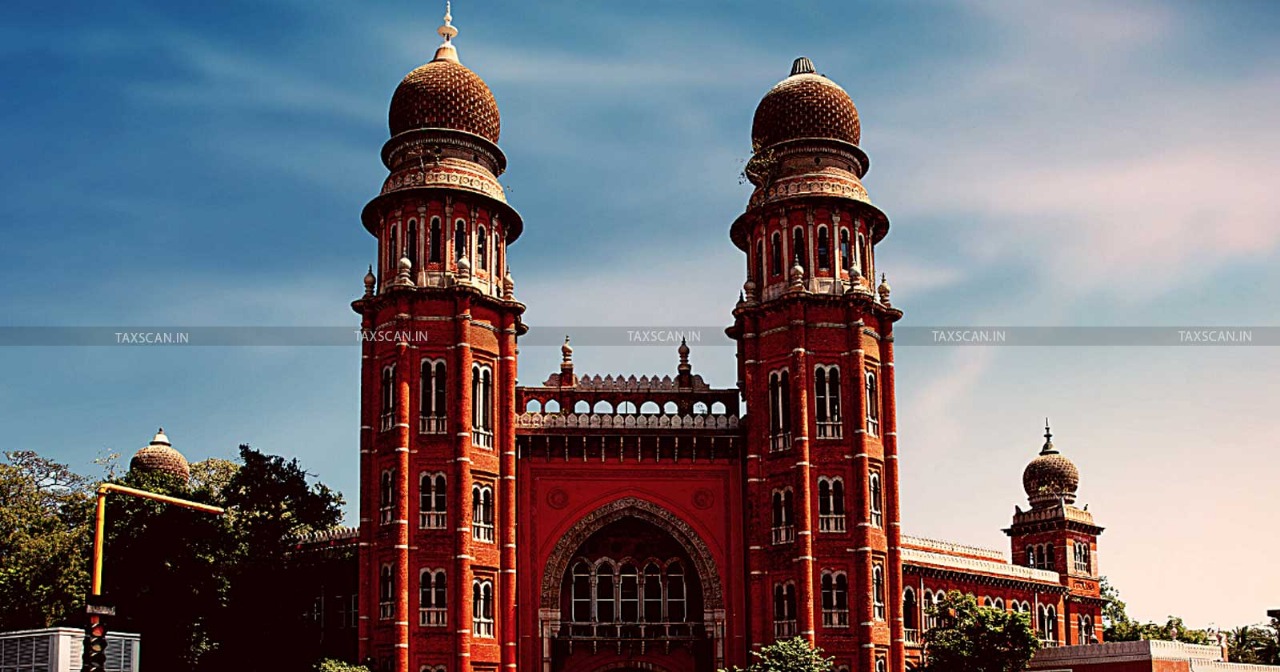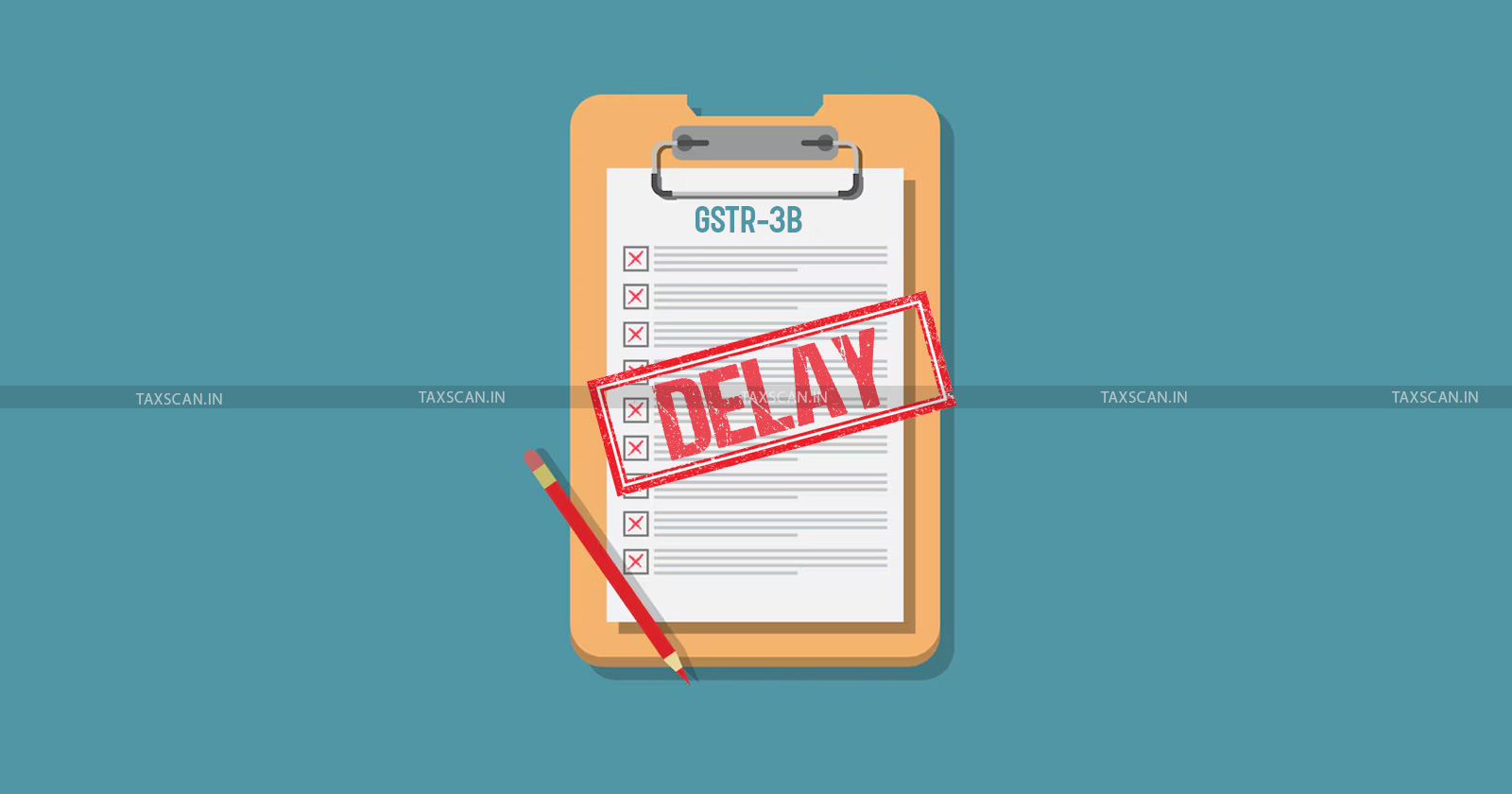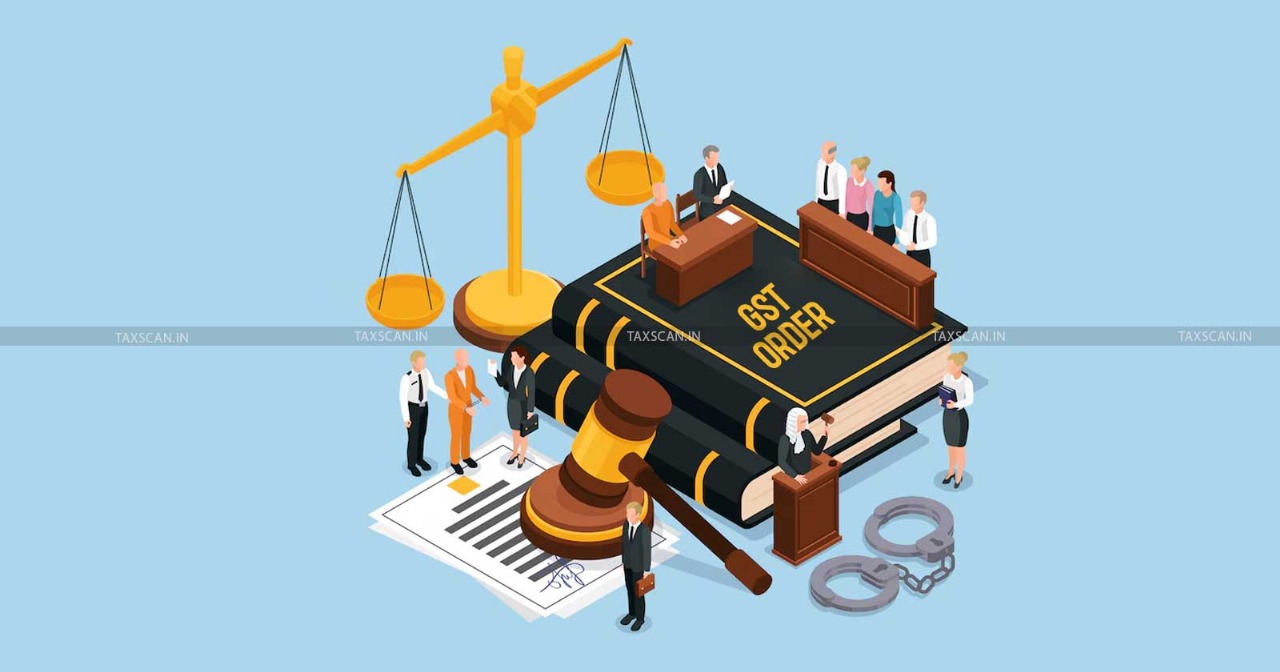₹26 Cr GST Fraud: Rajasthan HC Grants Bail to Accused Finding No Extraordinary Reasons Shown by Prosecutor to Deny [Read Order]
The Court held that in the absence of any “extraordinary circumstances,” the accused’s continued detention was not justified, especially since the investigation was complete and the department had already filed its final report
![₹26 Cr GST Fraud: Rajasthan HC Grants Bail to Accused Finding No Extraordinary Reasons Shown by Prosecutor to Deny [Read Order] ₹26 Cr GST Fraud: Rajasthan HC Grants Bail to Accused Finding No Extraordinary Reasons Shown by Prosecutor to Deny [Read Order]](https://images.taxscan.in/h-upload/2025/06/27/2055345-gst-fraud-rajasthan-hc-grants-bail-grants-bail-to-accused-finding-taxscan.webp)
In a recent ruling, the Rajasthan High Court has granted bail to an accused in an alleged ₹26 crore fake GST input tax credit ( ITC ) scam, observing that the prosecution failed to demonstrate any extraordinary circumstances holding the accused in custody or not granting bail.
Rajesh Agarwal, the bail applicant was arrested for allegedly operating dozens of firms under the names of employees and family members, issuing fake invoices and fraudulently claiming input tax credit to evade huge GST liabilities.
Mr. Kapil Gupta, Advocate, counsel for the accused argued that the charge sheet has already been filed and that Rajesh Agarwal has been in custody since 25 March 2025. It was submitted that the maximum punishment under Section 132 of the CGST/RGST Act is only five years, the offence is compoundable and triable by a magistrate, and that the trial will likely take a long time given that the Department’s complaint lists 46 prosecution witnesses.
 Also Read:GST Order Cannot Merely Copy Assessee’s Reply Without Analysis: Madras HC Sets Aside S. 74 Order [Read Order]
Also Read:GST Order Cannot Merely Copy Assessee’s Reply Without Analysis: Madras HC Sets Aside S. 74 Order [Read Order]
Know How to Investigate Books of Accounts and Other Documents, Click Here
The counsel relied on several Supreme Court and High Court decisions, including the Vineet Jain case, which underlined that bail should ordinarily be granted in economic offences where evidence is largely documentary and the accused has no serious criminal history.
The Public Prosecutor opposed the bail application, stating the serious nature of the offence and its impact on the state’s revenue.
It was argued that the accused was the actual operator behind 44 shell firms, with dummy proprietors deposing that he controlled the firms to generate fake transactions. However, when asked, the prosecution could not point to any pending further investigation or other grounds that might warrant denying bail.
 Also Read:Interest Cannot Be Levied After GST Paid into E-Cash Ledger Even if GSTR-3B Filed Belatedly and Amount Debited Later: Madras HC [Read Order]
Also Read:Interest Cannot Be Levied After GST Paid into E-Cash Ledger Even if GSTR-3B Filed Belatedly and Amount Debited Later: Madras HC [Read Order]
Justice Ganesh Ram Meena noted that the seriousness of the charge does not eclipse the presumption of innocence and the right to bail when the maximum sentence is limited and the trial process will take considerable time.
The Court held that in the absence of any “extraordinary circumstances,” the accused’s continued detention was not justified, especially since the investigation was complete and the department had already filed its final report.
While granting bail, the Court directed that Rajesh Agarwal furnish a personal bond of ₹1 lakh and two sureties of ₹50,000 each, and imposed conditions to ensure his presence during trial and to prevent him from leaving India without the Court’s permission.
 Also Read:Ignorance of GST Order Uploaded on Portal Constitutes Genuine Cause: Madras HC Condones 291-Day Delay in Filing Appeal [Read Order]
Also Read:Ignorance of GST Order Uploaded on Portal Constitutes Genuine Cause: Madras HC Condones 291-Day Delay in Filing Appeal [Read Order]
Support our journalism by subscribing to Taxscan premium. Follow us on Telegram for quick updates


